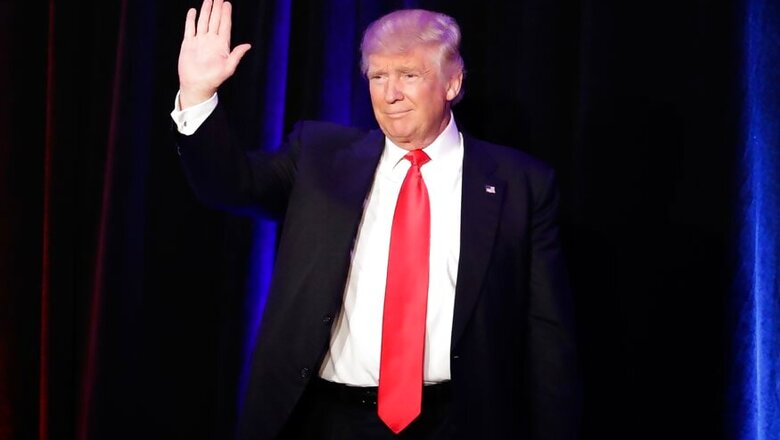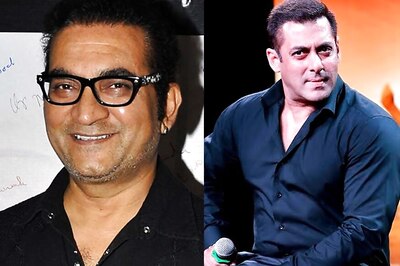
views
New Delhi: As the Conference of Parties (CoP22) kicks off in Marrakech, Morocco, the celebratory mood from the previous CoP in Paris, where a climate change agreement between 195 countries came into force earlier than expected, will have taken a hit.
Donald Trump, a known climate change denier, is now the leader of the US, the second-largest emitter of greenhouse gases.
For India, and the rest of the global south, the Paris climate deal was a way of making ambitious commitments towards reducing emission and moving towards limiting global warming to below 2°Celsius above industrial time.
India is currently the third largest emitter of greenhouse gases.
For India, this could mean greater stress from climate change events, something that already costs the country $6 billion annually, according to the Council of Energy, Environment and Water (CEEW).
A non-cooperative United States will hamper inter-governmental efforts on cleaner energy, increasing the likelihood of the 4°Celsius rise for India, leading to conditions such as extreme heat.
According to the Centre for Science and Environment, the Paris deal could be threatened if Trump undermines it by ignoring America’s commitments. As CSE told News18, the US Congress, still controlled by the Republicans skeptical of the deal, hasn’t ratified it yet.
An American citizen has the power consumption of 34 Indians, putting the United States far ahead per capita emissions.
In Leonardo DiCaprio's documentary on climate change Before the Flood, CSE head Sunita Narain said, “Electricity consumed by one American at home is equivalent to 1.5 citizens of France, 2.2 citizens of Japan and 10 citizens of China, 34 of India and 61 of Nigeria.”
Geetika Singh, a researcher with CSE, said that it was too early to say how Trump’s stand would influence India’s position. Though the US has not pledged to an ambitious reduction of gas emissions — only 13-15% by 2025 — that by itself is important. She added that if the country were to back out now, the targets of the remaining countries would be “meaningless”.
Arunabha Ghosh, CEO of the CEEW, took a more measured stand. Trump’s actions could undermine the $100 billion commitment of the developed world to help developing countries cope with reducing emissions, as very little money is expected from the US now. However, Ghosh said the question for India is how much of the shift towards cleaner energy is dictated by regulatory forces and how much by market forces. India’s shift hasn’t happened because of the US, but because it makes sense for the country, he said.
The Paris deal is by no means radical. India and the rest of the global south have historically not been contributors to global warming, thus they do not have a historic responsibility to reduce it. Though India’s emissions are set to go up as the economy grows, they are not yet close to the per capita emissions of countries such as China and the United States, the top two emitters.
The Paris deal eliminated that historic responsibility, the concept that countries that have contributed most to global warming should shoulder the duty to bring it down. Instead, it called on countries to come up with their own Intended Nationally Determined Contributions (NDCs) on how far they could reduce emissions by the target years, either 2015 or 2030.


















Comments
0 comment